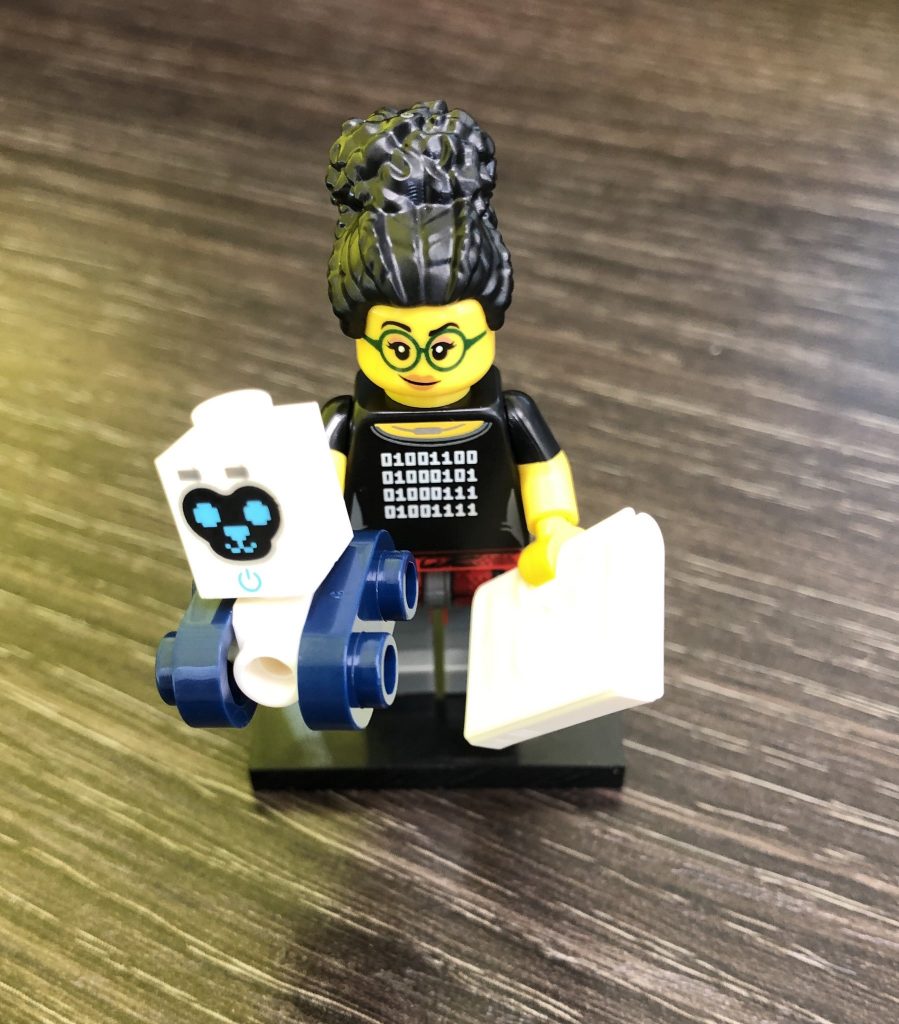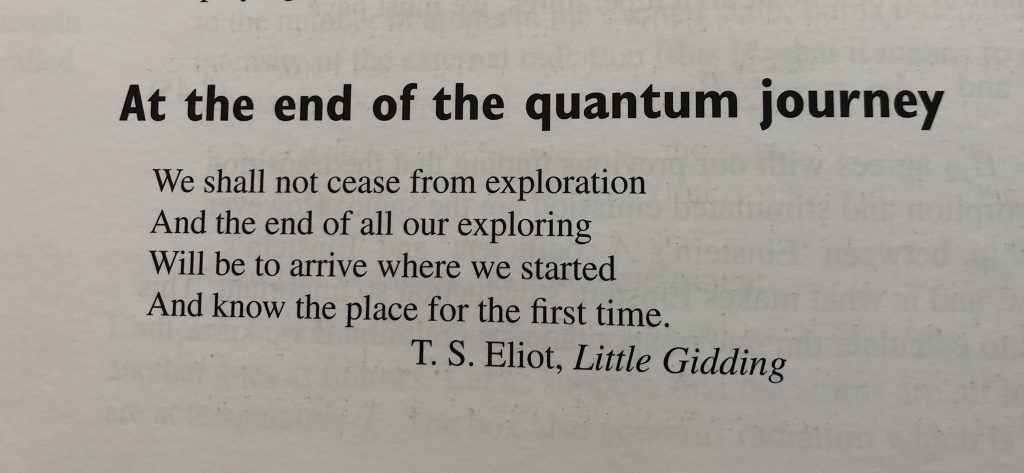I’ve been speaking at several events recently giving practical advice on getting started with AI projects. There is a huge chasm between high level inspirational business pieces on all the usual sites that business leaders read and the “getting started in AI” guides that pretty much start with installing Tensorflow. There was nothing aimed at the non-AI CTO who didn’t want to fall behind. Nothing to indicate to them how to start a project, what talent they’d need or even which problems to start with. Sure, there are a lot of expensive consulting companies out there, but this knowledge shouldn’t be hidden.
This time last year, I sat down with David Kelnar of MMC Ventures and we talked about why so many AI projects don’t succeed. He asked me to contribute some ideas to be included in the new State of AI report for 2019, to which I gladly agreed. It soon became clear that to do this justice, it was more than just a chapter, and the MMC AI Playbook was born, which we recently launched. Contributing to this amazing publication took a lot of time and research, and this blog was the thing that had to give.
If you are trying to find the right time to start your first project and need help on where to begin, please take a look at the playbook. Here’s a taster, based on talks I gave at Austin Fraser’s #LeadersInTech event and the Barclays AI Frenzy event both in July 2019.
Continue reading Starting your first AI project – a guide for businesses


